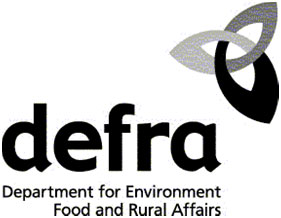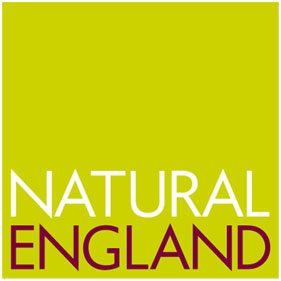|
Hymettus helps to refind the Midas Tree Weaver spider at Sherwood
A very rare spider Midia midas has been rediscovered at Sherwood Forest NNR.
Latest on the short-haired bumblebee
The third release of queen bees imported from Sweden took place at Dungeness on 19th May 2014.
Nikki Gammans continues to enthuse all regarding the reintroduction of Bombus subterraneus to the UK. Read her blog and visit the Project's Page
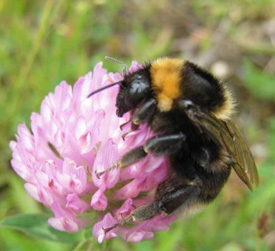
Queen Bombus subterraneus. Photo: Nikki Gammans
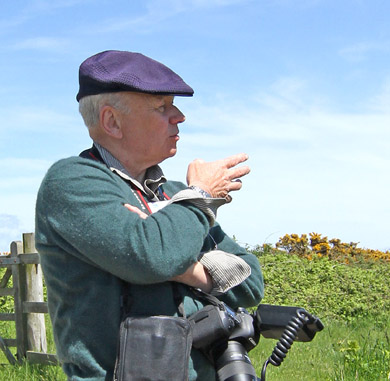
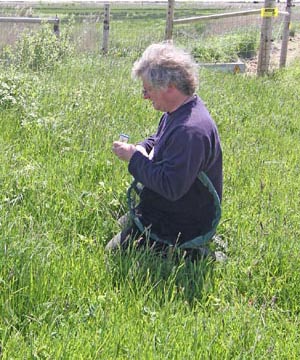
Our growing team of volunteers are of enormous value in the contributions that they are making to the project.
Information on Aculeates
A major public benefit provided by Hymettus is the dissemination of information resulting from our research. This is made available, through this website and through printed leaflets, in the form of useful guidance on aculeate conservation. See the Information Sheets page and the Reports page for further details.
|
Status review of some of Britain’s smallest ‘countryside heroes’ published
Hymettus has undertaken the most up to date review of the conservation status of centipedes, millipedes and woodlice which has now been published by Natural England.
These are some of Britain’s smallest but most ecologically important animals. Despite their small size, millipedes and woodlice are the heroes of the British countryside, and especially our woodlands, where they provide an essential ecosystem service in helping with the decomposition of plant material.
The review includes detailed data sheets for threatened species to help focus resources on managing habitats in the best way and to improve the conservation status of these overlooked but important animals.
The review can be downloaded here
- A review of the millipedes (Diplopoda), centipedes (Chilopoda) and woodlice (Isopoda) of Great Britain (NECR186)
Gardening for bees
Louise Hislop has written a series of three information sheets providing guidance on making your's a bee friendly garden throughout the year. These supplement the Garden Buzz leaflet published last year.
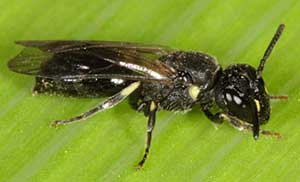
Hylaeus pectoralis, a subject of ongoing research. Photo: Jeremy Early
Contact
All enquiries regarding the work of Hymettus Ltd should be directed to the co-ordinator, Paul Lee.
E-mail: paulatarachne@aol.com
Help raise funds to conserve bees wasps and ants
|




